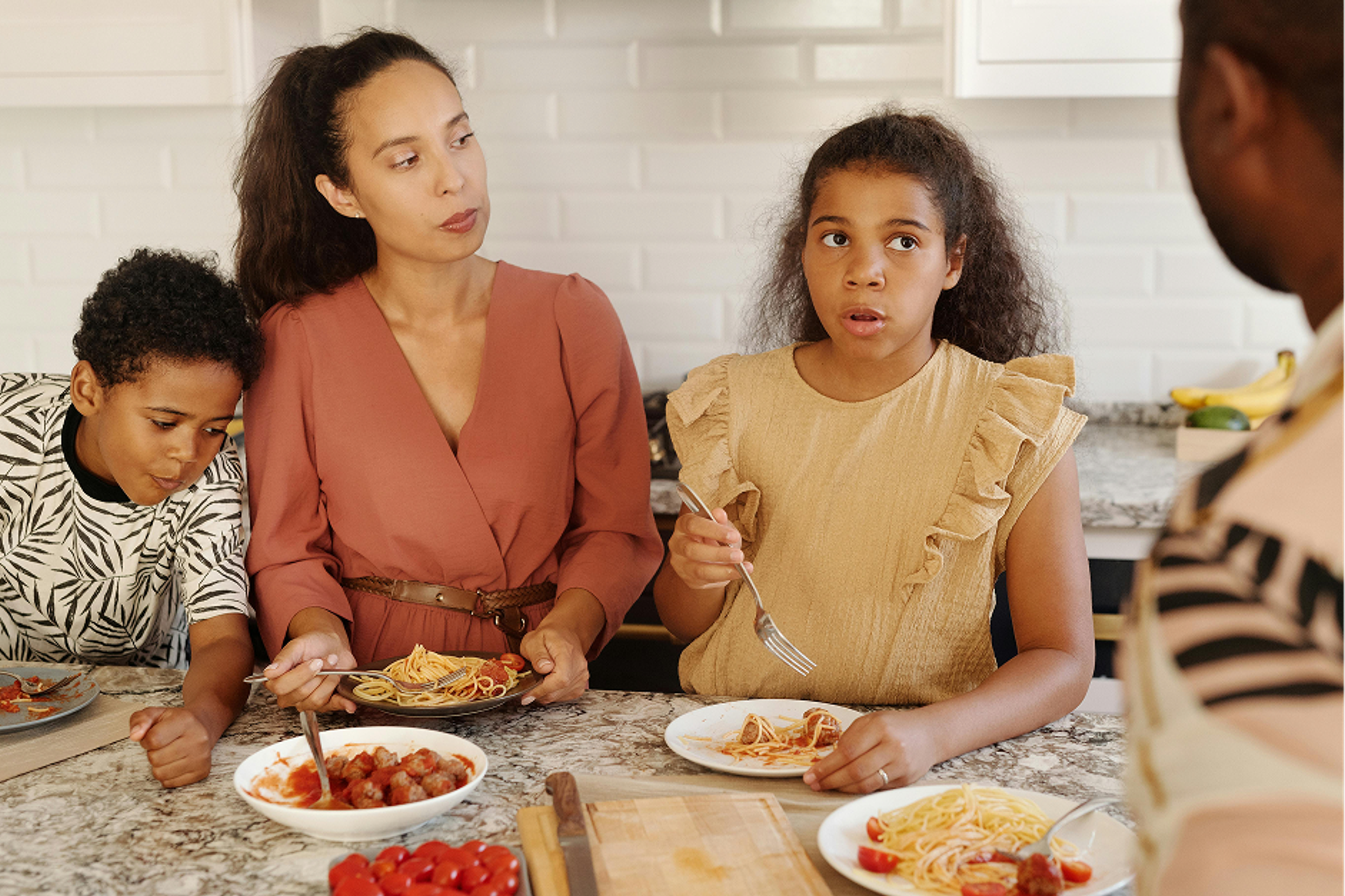Facts and statistics about eating disorders in LGBTQIA+ populations
- LGBTQIA+ young people experience significantly higher rates of eating disorders, with at least one survey finding that over 50% of LGBTQ+ youth reported having an eating disorder.¹
- Transgender college students report experiencing disordered eating at approximately 4 times the rate of their cisgender classmates.²
- Transgender high school students are nearly 3 times as likely to restrict eating, almost 9 times as likely to use diet pills, and 7 times as likely to use laxatives to control their weight.³
- While gay males account for an estimated 5% of the total male population, they make up 42% of males with eating disorders.⁴
- LGBTQ+ youth are more than twice as likely as their peers to engage in bingeing and purging behavior, beginning as early as age 12.⁵
- 87% of LGBTQIA+ youth reported being dissatisfied with their body, and LGBTQIA+ youth with body dissatisfaction were twice as likely to report a suicide attempt in the past year compared to LGBTQ+ youth without body dissatisfaction.⁶
- LGBTQIA+ youth who have been diagnosed with an eating disorder reported nearly 4 times greater odds of attempting suicide in the past year compared to those who never had, or suspected they had, an eating disorder.7
- 32% of transgender people report using their eating disorder to modify their body without hormone replacement therapy.⁸

Eating disorders are highly complex brain disorders that emerge out of a constellation of different factors, including genetics, biology, environment, and more. However, LGBTQIA+ folks face a variety of unique challenges that increase their likelihood of developing an eating disorder. Those challenges include:
- Stigma and discrimination. Society often sends LGBTQIA+ people the message that their bodies and core identities are unacceptable, which can come through as overt discrimination, subtle microaggressions, or rejection from loved ones. All of this can contribute to a feeling of alienation and lack of acceptance, and eating disorder behaviors may emerge as a way to cope with these feelings.
- Past trauma or PTSD. Members of the LGBTQIA+ have increased rates of trauma, which is known to significantly increase the likelihood of developing an eating disorder.
- Unrealistic body ideals. While society at large promotes unrealistic and unhealthy body ideals, this may be more pronounced within certain LGBTQIA+ communities. This may be particularly true among gay men. For transgender people, there is additional, safety-related pressure to attain narrow appearance ideals.
- Uneducated providers. Because many healthcare providers lack knowledge about eating disorders in LGBTQIA+ populations, transgender and queer folks often can go undiagnosed, allowing their eating disorder to become more entrenched.
- Gender dysphoria. Gender dysphoria is when someone feels significant distress, discomfort, or misalignment with their body experience. To deal with gender dysphoria, some LGBTQIA+ youth may restrict food in an effort to prevent or delay the development of sexual characteristics—like chest tissue, menstruation, or body hair—that don’t align with their gender identity. Eating disorder behaviors can also emerge as a way to cope with the intense negative feelings associated with gender dysphoria, which is more likely to happen if the dysphoria goes untreated (an outcome that’s unfortunately common for trans and nonbinary people).
Support is crucial to any LGBTQIA+ person who may be struggling with an eating disorder. Here are some tangible ways others can help:
- Validate their identity. Use their pronouns and wholly embrace their gender identity and sexual orientation to send the message that they are accepted and their life is worth fighting for.
- Be their advocate. In a healthcare environment that often sidelines their experience, vocal advocates can be a huge help to LGBTQIA+ people. That might mean advocating for them to healthcare providers, insurance carriers, or even family and friends.
- Help them find gender-affirming care. For trans and nonbinary folks, gender-affirming treatment is non-negotiable criteria for achieving recovery. Help your loved one do the research and make the phone calls to find treatment that will validate their identity.
- Be there. By simply showing up, you can help your loved one feel less alone, safer in their body, and more motivated to seek treatment. Make your concerns known in a curious and gentle way, and be proactive in initiating conversations and helping them seek care.
While every person has unique desires and life circumstances, the answer to this question is generally yes. Eating disorders don’t exist in a vacuum, and it’s important for treatment teams to have a comprehensive sense of what’s going on in a patient’s life, which includes their gender identity and sexual orientation.
It’s also important to discuss these topics to ensure that patients are able to access gender-affirming care. Gender-affirming care is an approach to treatment that respectfully affirms a trans patient’s gender identity, taking into account all the physical, mental, and social aspects of their well-being. Gender-affirming care often starts as a simple conversation, where a patient and their providers discuss what pronouns the patient uses and whether that differs by setting, what their gender identity means to them, and what challenges they’ve faced or are facing. By understanding a person’s whole experience and incorporating it into their treatment, providers can better support patients in moving toward recovery.



How Equip supports LGBTQIA+ populations






